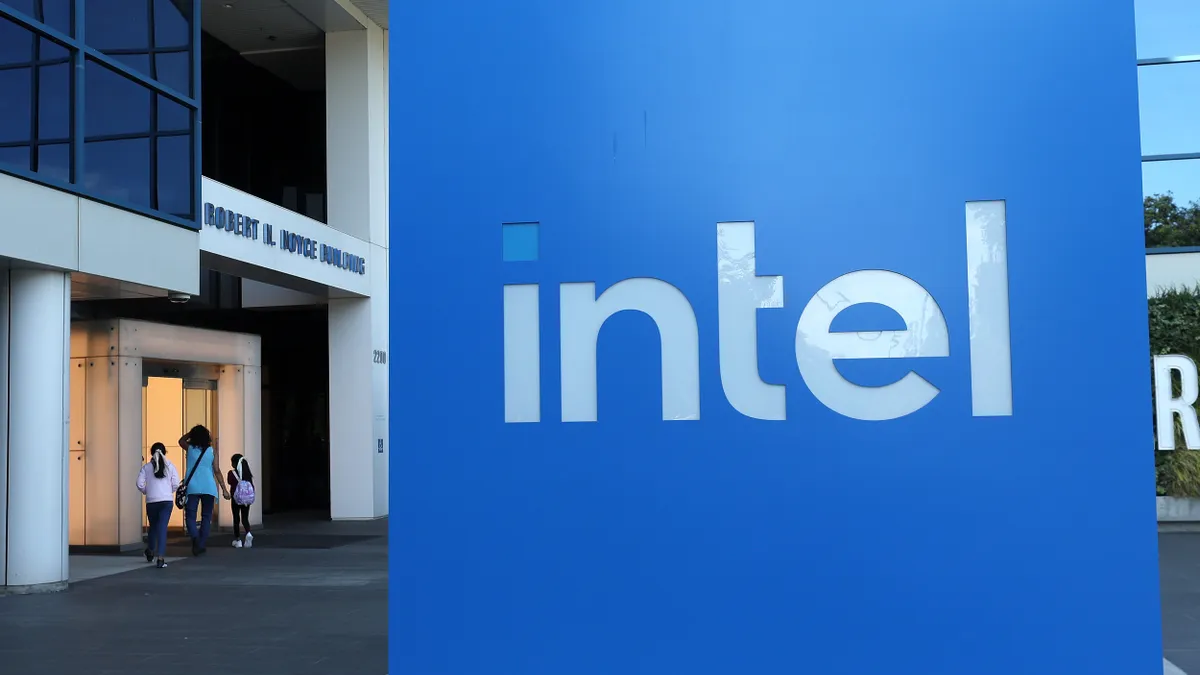For most organizations, technology plays a central role in their success or failure. Because of this reality, finding the right CIO to lead the organization through years of digital transformation is critical to long-term vitality and viability.
When IT was primarily focused on back-end systems and streamlining operations, CIOs often were recruited from the ranks of technologists who had managerial experience. Today, where all things digital dominate conversations from the lunchroom to the boardroom, CIOs need a much more expansive set of skills, said Josh Drew, regional VP for Robert Half in Boston.
"What we're seeing is the traditional CIO is championing the business and the people, understanding current trends, how the technology is going to apply to them, operational budgets and how it ties into managing an entire department," he said. "If you look at a Fortune 100 company, you're talking about significant headcount, budget, and spend, so that's a very business-focused position."
The need for these skills cuts across company size. In the past, CIOs were often found in large corporations with lots of employees and revenue. Today, firms as small as 50 people are searching for CIOs, Drew said.
In smaller firms, CIOs wear many hats and have to have strong technical skills to ensure that the technology deployed is fit-for-purpose and implemented securely, Drew said.
They also have to work across many departments with different line-of-business managers so they also need the people-skills that can be hard to find in technology-minded individuals.
This is not to say that CIOs at larger organizations are just good project managers, said Craig Stephenson, a senior client partner and managing director of the North America CIO/CTO Practice at the recruiting firm Korn Ferry. To be successful, CIOs should have a background in software engineering, IT architecture, data management, cloud, and information security.
"If we can find individuals that have all of those, they will be highly sought after from a skill set perspective," he said. If a candidate has "worked their way through a digital transformation at scale, with the scar tissue associated with that, it'll be even better in terms of performance and outcomes the second time around. Those tend to be the types of leaders that are highly sought after."
Larger firms also are looking for CIOs with deep industry-specific experience. At smaller firms or startups, unless they are technology firms, industry-specific knowledge may not be as critical.
Companies will also want to match a potential CIO's experience to the future technology needs of the organization.
Not every firm has a mature technology footprint and some will be at different stages of a digital transformation journey. Where one organization may be looking at a massive application modernization effort, another may be looking to move everything to the cloud. Each of these undertakings requires different skills and knowledge.
Finding the right CIO
From posting open positions on job boards to recruiting firms to grooming successors from within the organization, finding the right CIO can take many forms.
Regardless of how organizations find suitable candidates, what still matters most is relevant experience, said Rob Zahn, CIO of AAA of Ohio.
"I've never been big on looking at the degrees and stuff," he said. "It's more the experience and then the chemistry and then what their accomplishments have been in their other companies and the normal things about."
Zahn also looks at red flags including how long they've spent in previous positions and if, during interviews, they have the personal skills to get along with a diverse set of people. If they jump from job to job that could be a sign they are not interested in sticking with the firm long-term.
This may be less of an issue today as the average CIO tenure has stretched from two and a half years to four, said Stephenson.
Networking is still a very popular option, as well. CIOs know each other as do CEOs and other executives. When one leaves to go to another firm, they often recommend a former colleague for an open position.
Because CIOs are in high demand, grooming successors from within the organization can be a little harder to do. Opportunities abound so it can be difficult to keep ambitious and skilled people in one place for very long, said Drew.
"Based on what our clients tell us, they want to retain their talent as long as possible," he said. "That's stability. That's continuity. That is where you can actually build and mold and develop future leaders. I would say that's always the goal."
"With that being said ... the IT space is so dynamic that I don't think you see a lot of people sitting around and staying in the same seat for long," Dew said.
Salaries are going up
Given the importance of the role, it's no surprise that salaries have climbed dramatically over the years. CIOs at large Fortune 1000 companies can expect to make millions in total compensation, said Stephenson.
"They're getting three to five phone calls a week," he said. "They're in demand. If they're leaving Company A to join Company B, the total compensation is likely increasing between 25% and 40%."
Top talent can make anywhere from $1 million in total compensation to upwards of $7 million to $8 million, Stephenson said.
Even CIOs at small- to medium-sized firms can expect to make $225,000 or more in total compensation per year. Some of the best paying industries today are biotech, life sciences and financial services, said Drew. The median CIO pay is $215,750, according to Robert Half’s 2020 salary guide.
Ultimately, finding the right CIO "depends on what the company thinks it needs," said Zahn. "Some could be growing and need someone that's going to help get them into new areas. Some need … a digital change master. But I still think it comes down to experience, chemistry, and what they've accomplished in previous jobs."






















